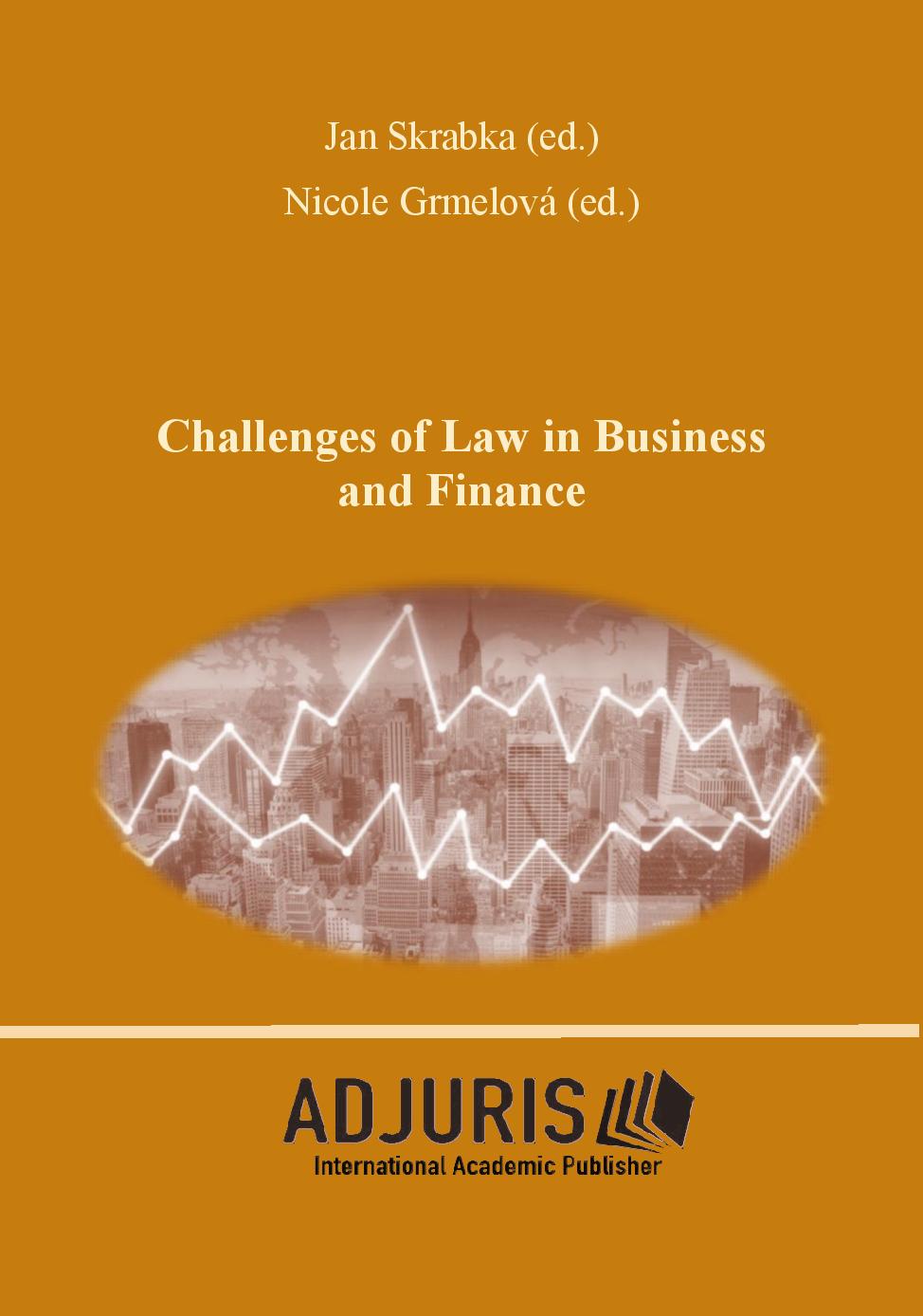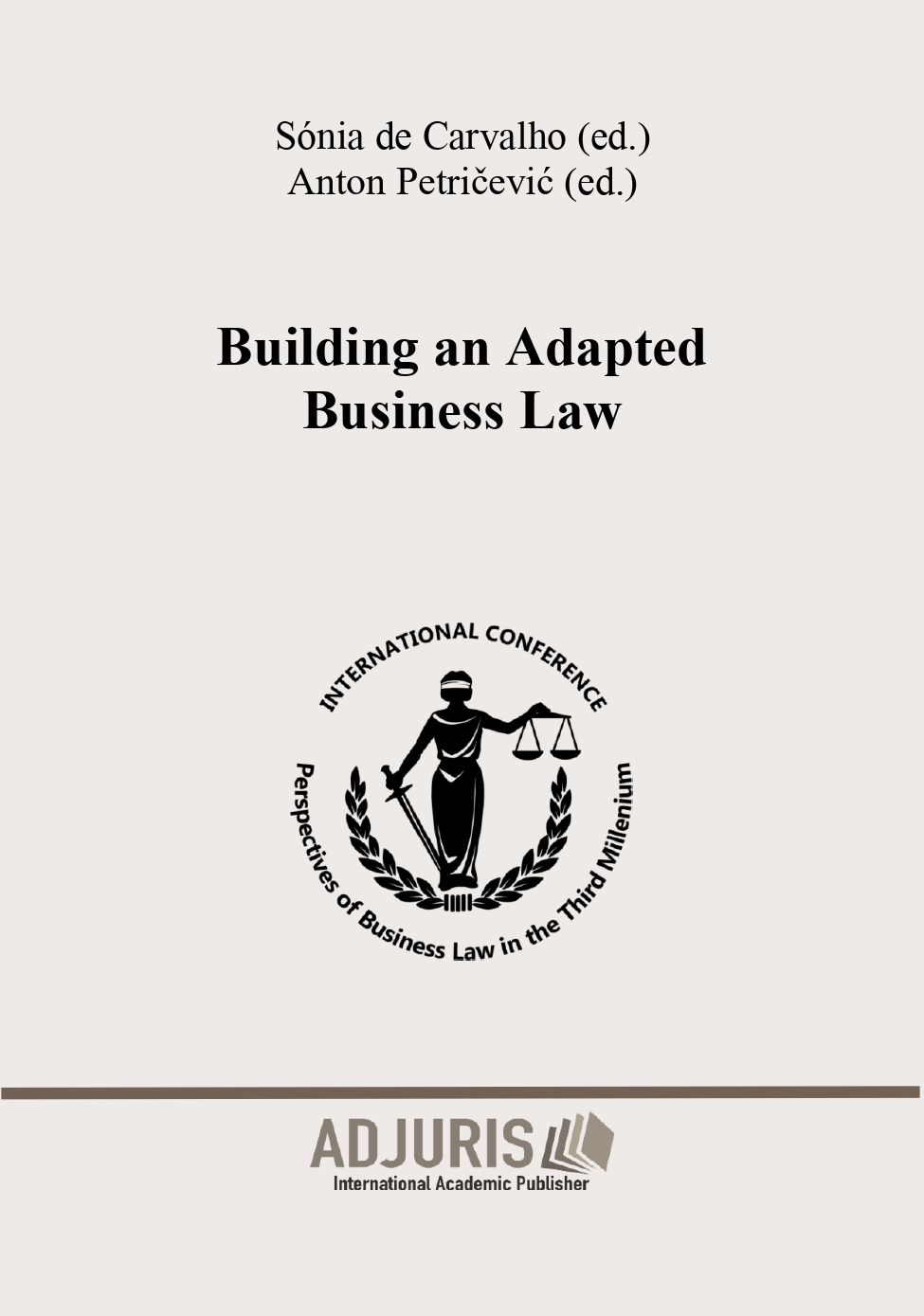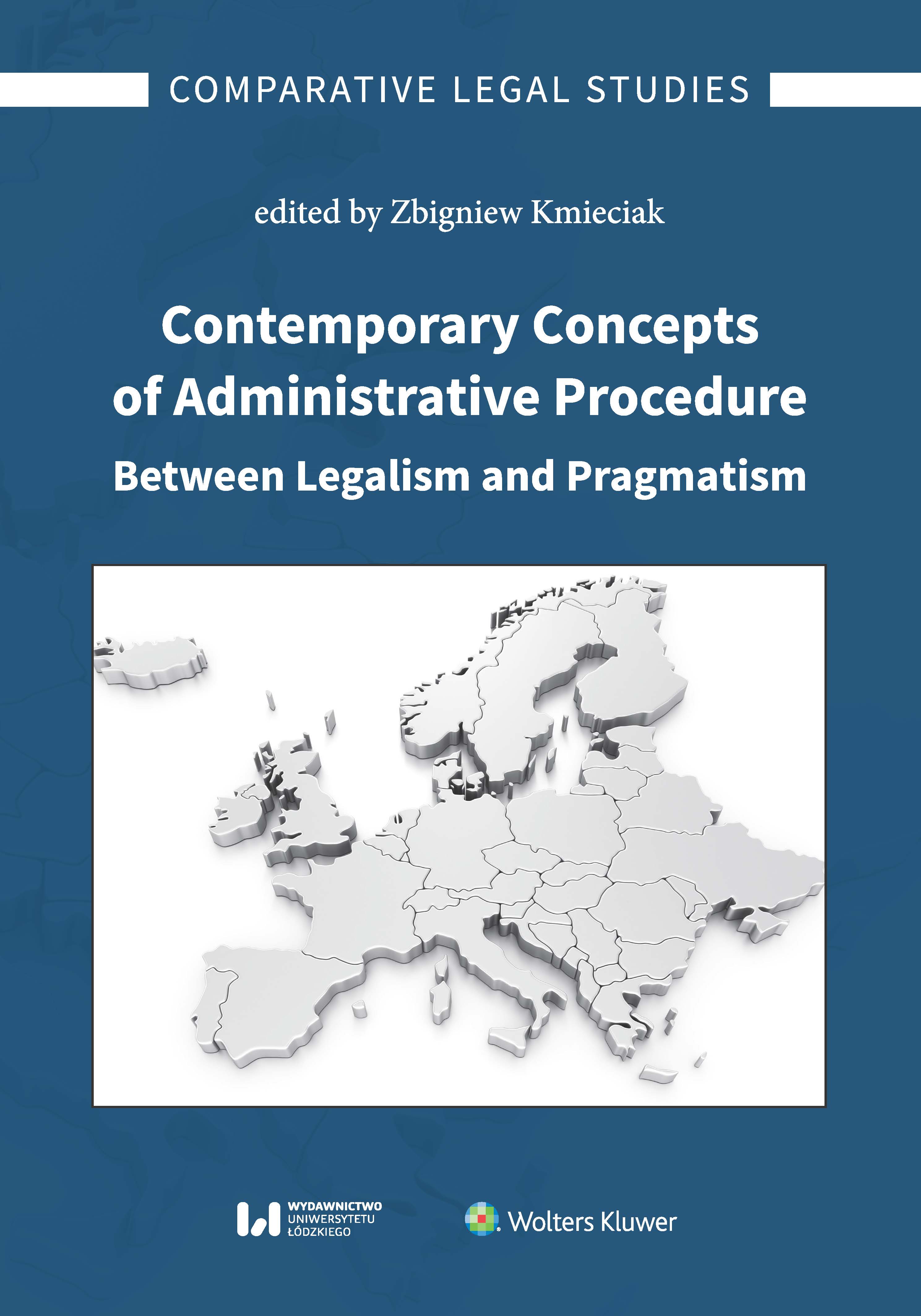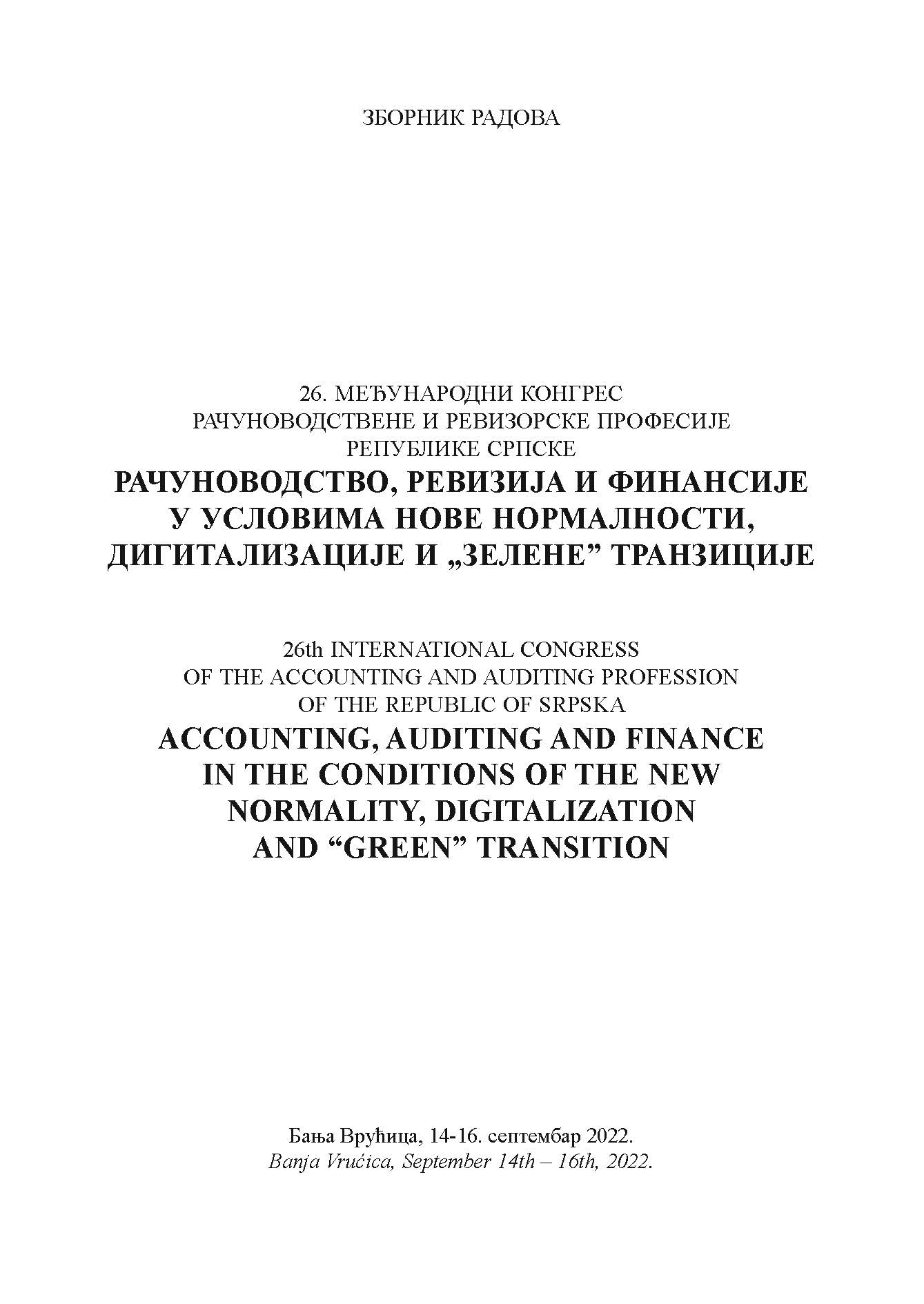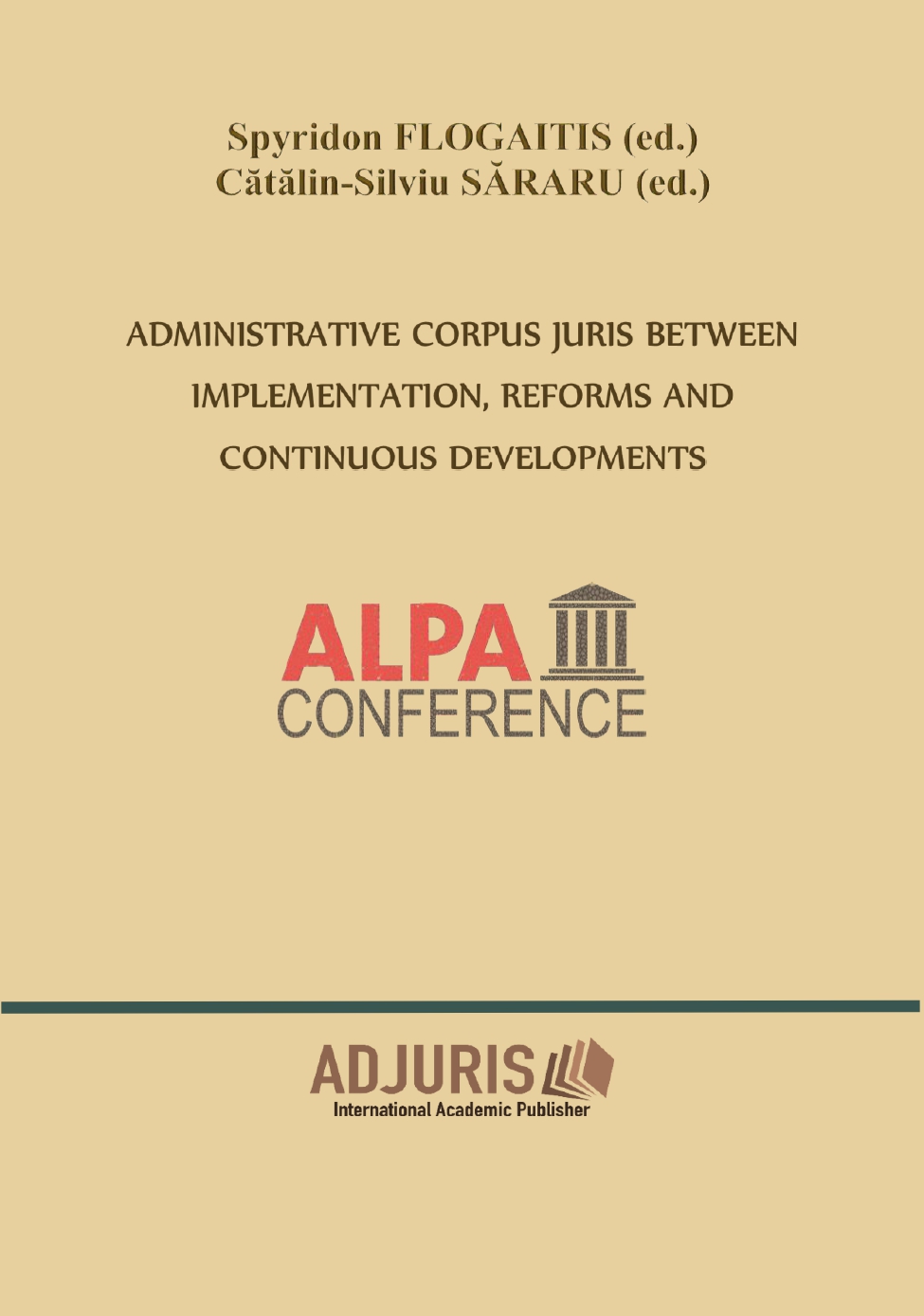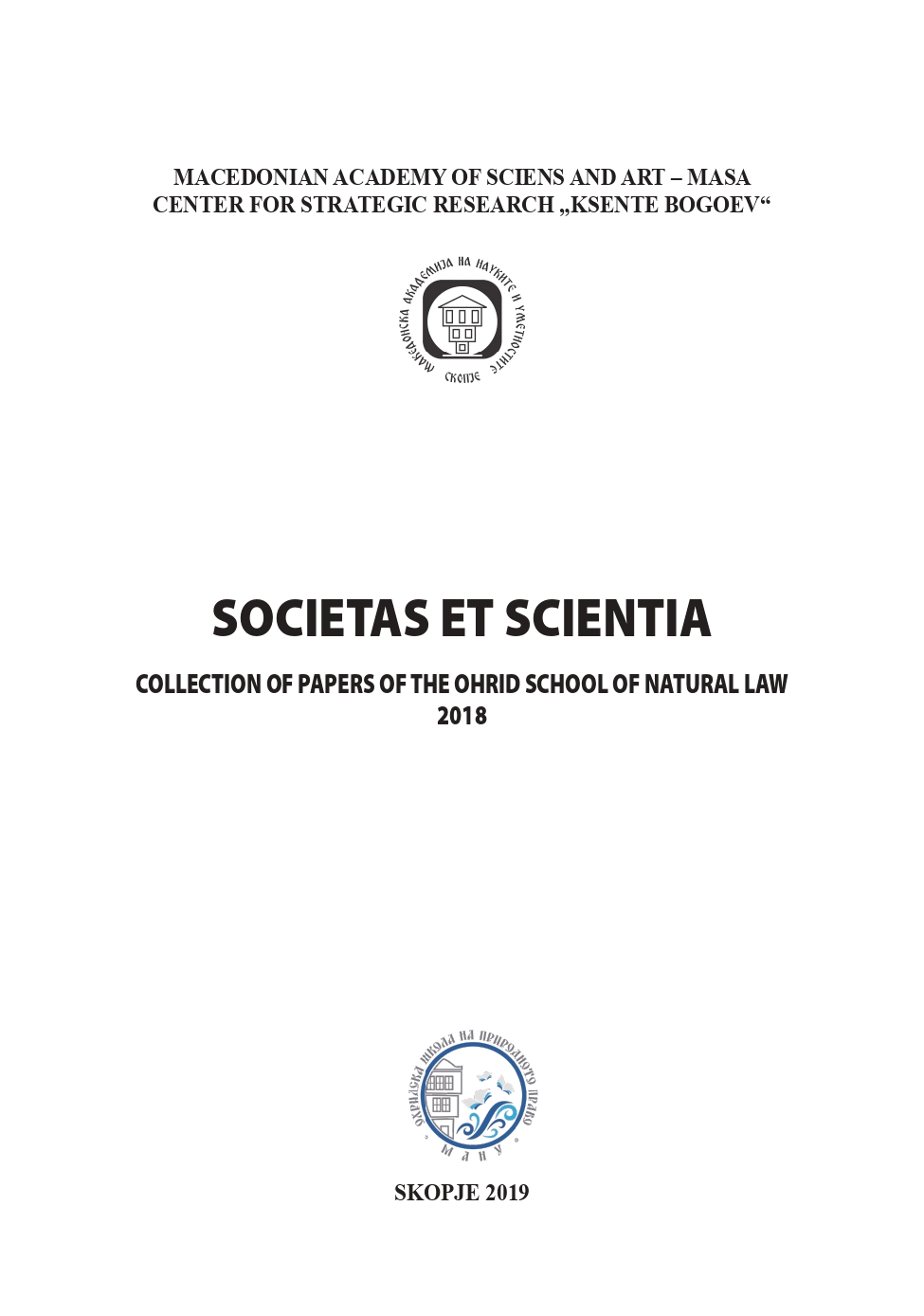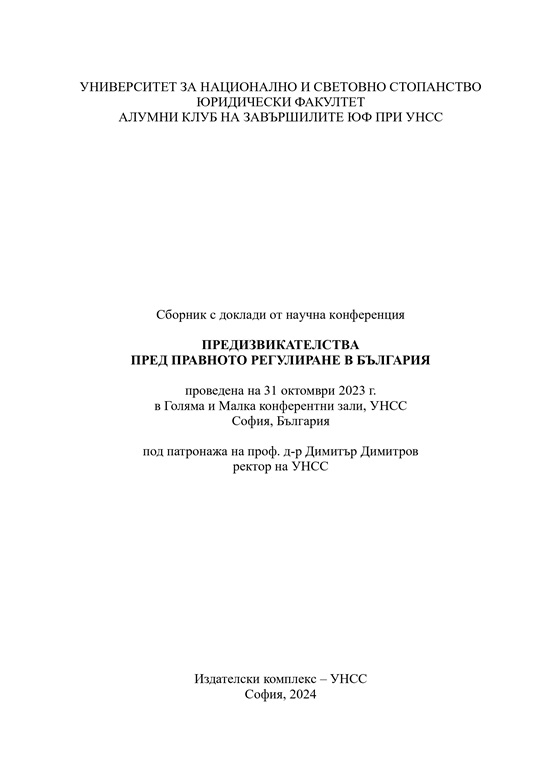Author(s): Stefan Blagojević / Language(s): Serbian
Publication Year: 0
Despite the fact that tax evasion has always been an interesting and repeatedly relevant economic and financial phenomenon, it has been insufficiently studied and researched in our theory and practice. At the foundation of tax avoidance (tax evasion) lies the taxpayer’s resistance to tax compliance and his intention to avoid any form of reduction of his disposable income. This is due to the fact that the tax represents a derivative public revenue that the country “takes away” from people who are subjected to its fiscal sovereignty without direct counter-service. If we start from the fact that paying taxes reduces the economic strength of the person who bears its burden, the human tendency towards tax evasion is quite understandable, provided that the extent to which the resistance to paying taxes will be manifested and realized depends on several factors, such as economic trends in the state, frequent changes in tax regulations and mentality of the people who are liable to pay taxes. In any case, tax evasion represents a serious and complex social problem that significantly undermines the economic and legal basis of society. It is a complex phenomenon that occurs both on the national and international level and causes serious consequences for the fiscal policy of the state, and the key reason for the occurrence of this phenomenon is most often found in the poorly developed economic system of the country with a loose mechanism that doesn’t ensure the implementation and observance of legal (especially tax) regulations. Tax evasion reduces the possibility for the state to cover the costs of using public goods, and from the tax payers’s point of view, it leads to an unequal and unfair distribution of tax liabilities, to an increase in tax rates and the resistance of taxpayers who, through tax avoidance, reduce thevolume of taxation and thereby create a vicious circle that is difficult to terminate. In addition, tax evasion is one of the main causes of stratification in our society, and with the spread of this phenomenon the strength and importance of economic justice and equality is being questioned, as well as political and economic efficiency. However, it is important to point out that not all actions of taxpayers which lead to a lower tax burden, or complete avoidance of paying taxes are sanctioned by criminal and misdemeanor norms, which is why in this paper, among other things, we will explain both illegal and legal tax evasion. Also, we will explain the criminal law significance of anti-abuse rules as legal measures that aim to reveal the behavior of taxpayers who have intentions to achieve illegal tax savings, and we will get acquainted with new international and domestic instruments in the fight against tax evasion.
More...
